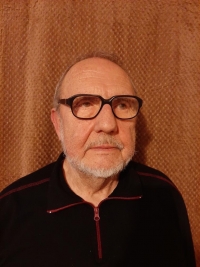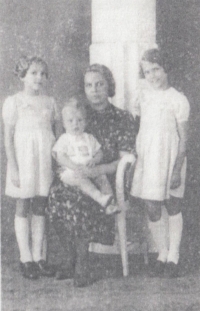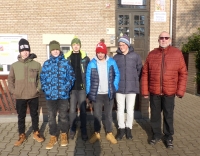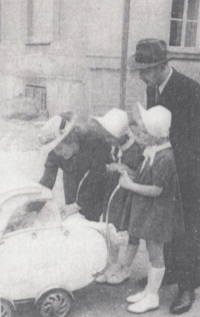To this day, I’m sorry I wasn’t there

Download image
Josef Doškář was born on June 19, 1943 in Dolní Bousov. His father, Josef Doškář, defended the new Czechoslovak Republic as a soldier against external attacks in 1919, and until 1939 he worked in Slovakia as a gendarme. During the war, he joined the anti-Nazi resistance, was arrested by the Gestapo in 1944 and ended up in the Small Fortress in Terezín. He died as a result of his imprisonment a few days after his liberation in May 1945. Josef Doškář graduated from the Secondary Industrial School of Glassmaking, then worked with glass all his life. In August 1968, he protested against the invasion of Warsaw Pact troops. During the ensuing normalization, he was labelled a counter-revolutionary, although he defended his position in the glassworks but could not study university remotely. He recalls what was happening in Prague in November 1989, and still regrets that he did not take part in the protests at that time. Josef Doškář lived in Nový Bor at the time of recording the interview (2019).




